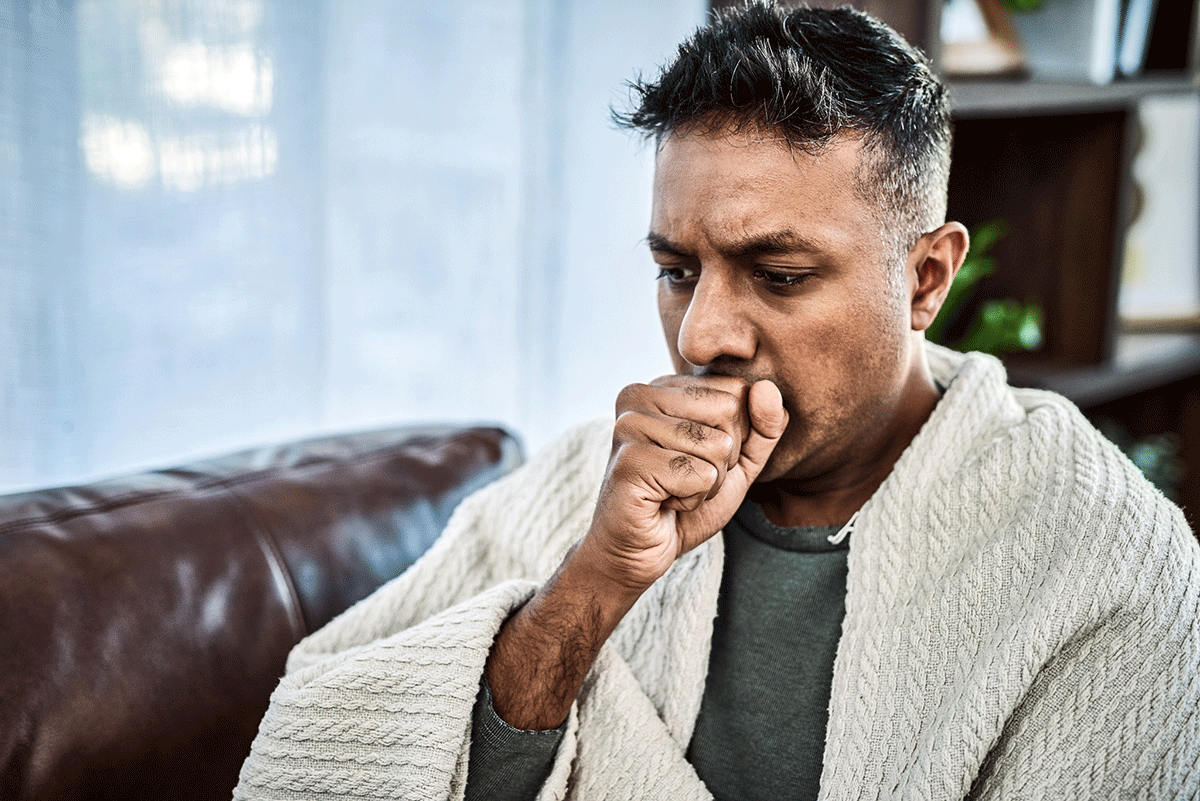A patient checks into my clinic complaining of fever, cough and runny nose and tell me they have a bacterial sinus infection, and asks for an antibiotic. However, I suspect they have what most people call a “bad cold” or the flu. This situation is very common, especially this time of the year. As a doctor, patients often come to me complaining of similar symptoms. Many of them have had a family member or friend who went to their doctor’s office or the hospital and was prescribed antibiotics for an infection. These people got better because they got the right treatment or because their infection was resolving on its own and may not have needed antibiotics in the first place.
However, not all infections need to be treated with antibiotics. In fact, sometimes antibiotics will do nothing to cure the infection, and may cause more harm than good. In these cases, the source of the infection is usually a virus and is not affected by the medicine – why is that?
Bacteria and Viruses
Bacteria and viruses are both microscopic – we think of these things as “germs.” They both can cause respiratory infection, chest infection and fever, but viruses are the most common culprit.
Bacteria is a living creature that eats the sugar in the body, uses that sugar as fuel and then rapidly multiply. Bacteria is spread mostly by physical touch and other contact. Bacteria is alive, so it can be killed with antibiotics.
Viruses are much smaller particles that can be spread in the air from a sneeze or a cough, as well as by contact like bacteria. However, viruses are not alive and the antibiotics that work to kill bacteria will not harm a virus. Since they are not alive, they do not need sugar in the body for food, and instead they use our cells to make more copies of themselves.
Antibiotics
Antibiotics are medicines that are specifically aimed at killing bacteria. They are very effective and have given doctors a way to save thousands (if not millions) of lives over the years. However, they kill both good and bad bacteria.
Our bodies rely on good bacteria in our gut to help digest food. When we take an antibiotic, it can kill both bad as well as good bacteria and give us symptoms like nausea or diarrhea. Another limitation of antibiotics is the problem of resistance. If bacteria are exposed too many times to the same drug, those bacteria can become resistant to the medicine. When those resistant bacteria begin to reproduce and mix with other bacteria, it can spread that resistance. In extreme cases, this can lead to the development of “superbugs.” Superbugs are bacteria that are highly resistant to the antibiotics that are usually used to treat them. In such cases, patients may become seriously ill or even die because there is no effective medicine to fight the infection. For these reasons, doctors must be careful when prescribing antibiotics because using them inappropriately can eventually make them ineffective.
Doctors can find it challenging to determine whether an infection is bacterial and requires antibiotics, or if it is viral and needs supportive care and symptom control. To help decide which is which, we rely on asking clear and detailed questions, incorporating any findings from physical examination, and if necessary, some lab tests to help determine the right diagnosis.
Antivirals
Some viral respiratory infections can be treated with medications called antivirals. However, we currently only have antivirals for flu and Covid-19. If you do get diagnosed with one of these infections early enough, your doctor may prescribe an antiviral to lessen the symptoms. These drugs block important tools that viruses need to multiply. The flu or Covid-19 virus can no longer copy itself and will eventually be cleared out by the human body. Fortunately, many of the most common viruses are fought off by our bodies without doing any serious harm. Things like the common cold are what we call “self-limited,” meaning they will make us feel bad for one or two weeks, and then we will get better without any other treatment.
What can you do?
Let’s face it, it’s flu season and fevers and cough are everywhere. On top of worrying about getting the flu we also have Covid-19 to worry about. These are both caused by viruses and antibiotics won’t help.
Here are my recommendations to deal with viral infections:
- Make sure to wash your hands to prevent getting sick in the first place.
- Drink plenty of water, eat well and stay well rested.
- Use Tylenol or Motrin to help with fever and pain, unless you have other health problems preventing you from using these medicines.
- Get the flu and Covid-19 vaccines. These vaccines will protect you against the most virulent forms of these viruses that are floating around.
- Wearing a mask can help protect yourself or others from getting sick.
- Avoid contact with anyone else who is sick. If you are sick, stay home.
If you are feeling ill, you can schedule an appointment with an NGPG physician.



